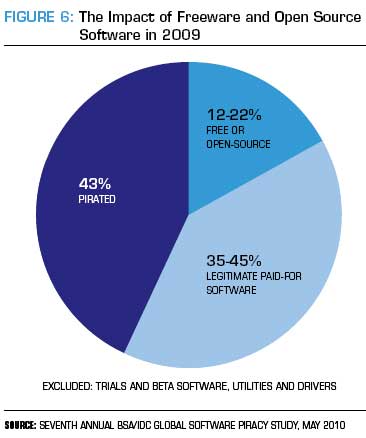The Southern Baptist Convention (SBC) this week officially expressed “opposition to and disappointment” with a recent Boy Scouts of America (BSA) policy change with regards to homosexual scouts.
Back in May, the BSA National Council voted to remove a ban on openly homosexual scouts, though openly gay scout leaders are still banned. The organization faced pressure to change the policy from current scouts, former scouts, and pop stars.
The SBC’s condemnation came at the organization’s 2013 Annual Meeting this week in Houston. It states that the SBC believes the new policy will “needlessly politicize human sexuality and heighten sexual tensions within the Boy Scouts.” The resolution does not explicitly prevent SBC churches from hosting Boy Scout troops. SBC leaders have called the resolution “balanced” in its approach toward the new policy.
Though the SBC’s resolution does not mandate cutting BSA ties, it does explicitly show the SBC believes the new Boy Scout policy is only a “first step” along the path to the organization accepting homosexuality. From the resolution:
RESOLVED, That we express our well-founded concern that the current executive leadership of the BSA, along with certain board members, may utilize this membership policy change as merely the first step toward future approval of homosexual leaders in the Scouts…
The resolution also encourages churches that abandon the Boy Scouts to use the Royal Ambassadors instead. The Royal Ambassadors program is a Christian-based Boy Scouts-like program for boys in grades 1 through 6. From the resolution:
RESOLVED, That we encourage churches that choose to sever ties with the Boy Scouts not to abandon their ministry to boys but consider expanding their Royal Ambassadors ministry, a distinctively Southern Baptist missions organization to develop godly young men…
The SBC is a highly conservative sect of protestant Christianity with churches found throughout the U.S., and particularly throughout the southern U.S. The organization’s “Statement of Faith” includes the opposition to what the organization calls “sexual immorality,” which includes homosexuality. The SBC, andmany other U.S. Christian organizations are large sponsors of the BSA and Boy Scout troops, and were the primary opposition to the BSA’s new policy.
RESOLVED, That we express our gratitude for the thousands of individuals within the Scouting family and the culture at large who expressed their opposition to the BSA executive leadership’s intent to change its membership and leadership policies in regard to homosexuality, leading to the compromise recommendation it presented to the BSA National Council…

